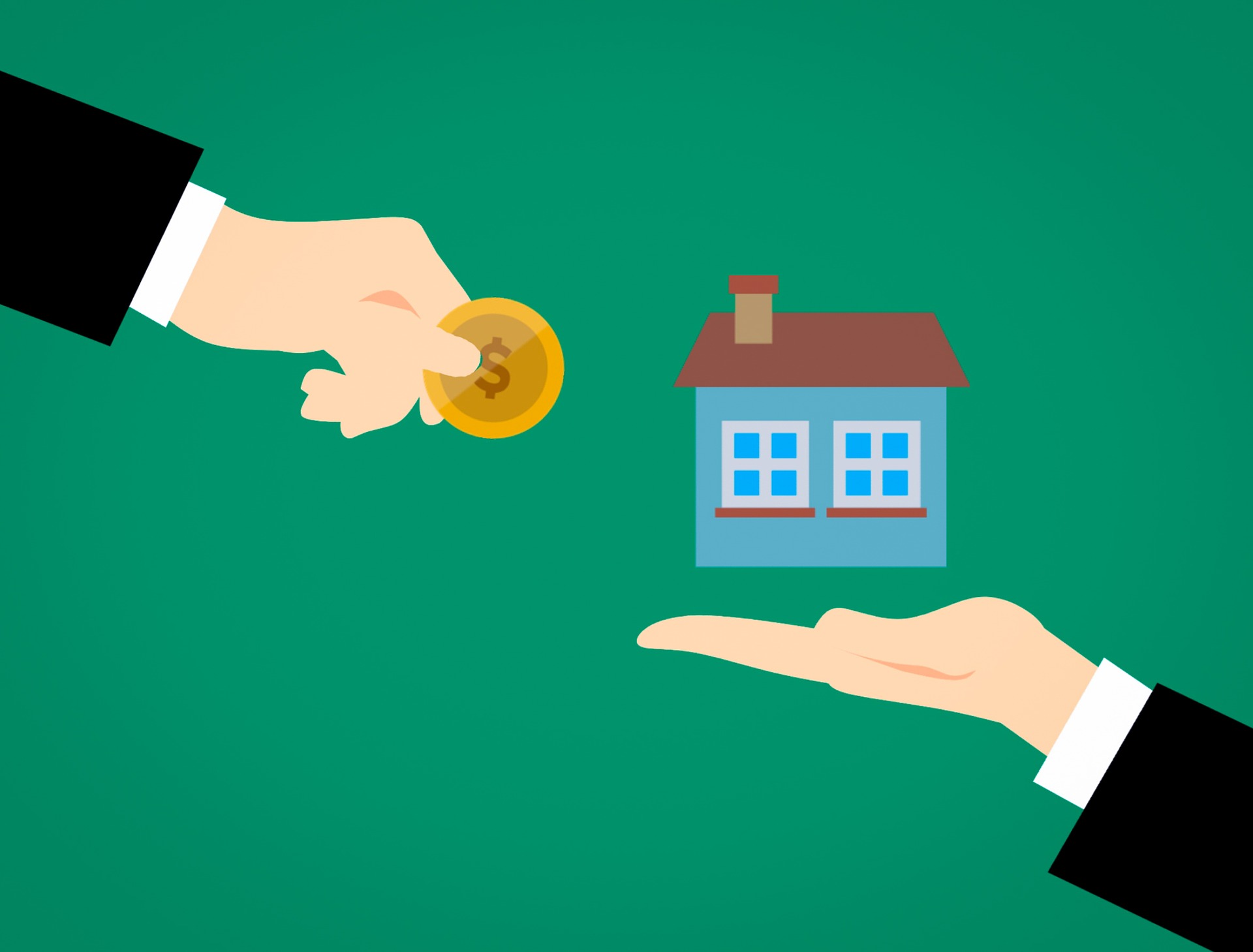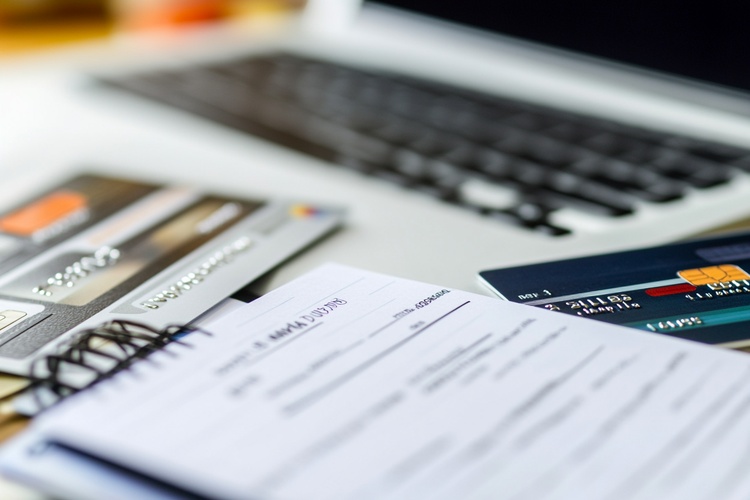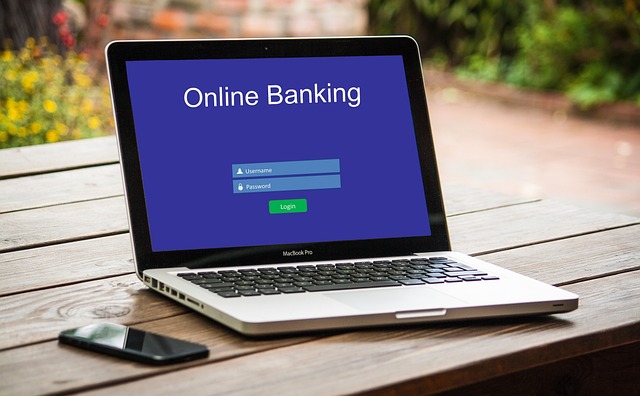Exploring the Opportunities of Bank-Owned Homes for Sale
Imagine stumbling upon a hidden gem in the real estate market—a property brimming with potential yet surprisingly affordable. These properties, also known as REO (Real Estate Owned) homes, become available for sale when homeowners default on their mortgages, culminating in banks repossessing the properties.

What exactly are foreclosed homes and how do they become available?
Foreclosed homes are properties that have been repossessed by lenders, typically banks, due to the homeowner’s inability to meet mortgage payments. The foreclosure process begins when a homeowner defaults on their loan, leading to the lender initiating legal proceedings to reclaim the property. Once the foreclosure is complete, the property becomes “real estate owned” (REO) by the bank and is often put up for sale to recoup the outstanding loan balance.
Why are bank-owned homes often priced below market value?
Banks are not in the business of property management and typically aim to sell foreclosed properties quickly to recover their losses. This urgency often translates to competitive pricing, with many bank-owned homes listed below market value. Additionally, these properties may require repairs or renovations, further contributing to their reduced price tags. For buyers willing to invest time and resources, this presents an opportunity to acquire property at a significant discount.
What are the potential benefits of purchasing a foreclosed home?
Buying a foreclosed home can offer several advantages:
-
Lower purchase price: As mentioned, these properties are often priced below market value.
-
Potential for appreciation: With some improvements, buyers may significantly increase the property’s value.
-
Clearer title: Bank-owned properties usually come with a clear title, reducing the risk of unknown liens or legal issues.
-
Negotiation potential: Banks may be more flexible on price or terms to facilitate a quick sale.
-
Opportunity for investors: Foreclosures can be ideal for fix-and-flip projects or rental property investments.
What challenges should buyers be aware of when considering foreclosed properties?
While the potential benefits are attractive, purchasing a foreclosed home comes with its own set of challenges:
-
Property condition: Many foreclosed homes are sold “as-is,” potentially requiring significant repairs or renovations.
-
Limited property information: Banks may not have detailed information about the property’s history or condition.
-
Competitive market: Attractive foreclosures can draw multiple offers, potentially leading to bidding wars.
-
Longer closing process: Bank-owned property transactions may take longer to close due to additional paperwork and approvals.
-
Potential for hidden costs: Buyers should budget for unexpected repairs, back taxes, or liens that may come with the property.
How can potential buyers find foreclosed homes for sale in their area?
For those interested in exploring foreclosed homes for sale nearby, several resources are available:
-
Online real estate platforms: Websites like Zillow, Realtor.com, and Foreclosure.com often list bank-owned properties.
-
Bank websites: Many financial institutions maintain listings of their REO properties.
-
HUD Home Store: The U.S. Department of Housing and Urban Development offers a database of foreclosed FHA-insured homes.
-
Local real estate agents: Experienced agents often have access to foreclosure listings and can provide valuable insights.
-
County records: Public records of foreclosure filings can be accessed through county offices or websites.
By utilizing these resources, buyers can find foreclosures in their area and begin their journey towards potentially securing a great deal on a property.
What steps should buyers take when considering a bank-owned home purchase?
When exploring bank homes for sale listings in the US, prospective buyers should follow these essential steps:
-
Get pre-approved for a mortgage: This demonstrates financial readiness to sellers and streamlines the buying process.
-
Work with a real estate agent experienced in foreclosures: Their expertise can be invaluable in navigating the unique aspects of bank-owned property transactions.
-
Conduct a thorough home inspection: This is crucial given the potential for unknown issues in foreclosed properties.
-
Research the property’s history: Look into any outstanding liens, taxes, or other potential encumbrances.
-
Be prepared for an as-is purchase: Many banks sell foreclosed homes without making repairs, so budget accordingly.
-
Understand the local market: Research comparable sales to ensure you’re getting a fair deal.
| Provider | Services Offered | Key Features/Benefits |
|---|---|---|
| Auction.com | Online real estate auction platform | Wide selection of foreclosed properties, transparent bidding process |
| HomePath by Fannie Mae | Direct sales of Fannie Mae-owned properties | First-look period for owner-occupants, special financing options |
| HomeSteps by Freddie Mac | Freddie Mac REO property sales | Potential for special offers, some properties eligible for renovation financing |
| HUD Home Store | Sales of FHA-foreclosed properties | Exclusive listing period for owner-occupants, potential discounts for certain buyers |
| Bank of America REO | Direct sales of Bank of America-owned properties | Streamlined purchase process, potential for move-in ready homes |
In conclusion, bank-owned homes for sale offer a unique opportunity for buyers to enter the real estate market or expand their portfolio at potentially below-market prices. While these properties come with their own set of challenges, informed buyers who conduct thorough due diligence and work with experienced professionals can navigate the process successfully. By understanding the nuances of foreclosed home purchases and leveraging available resources, savvy buyers can uncover hidden gems in the real estate market and potentially secure significant value.



